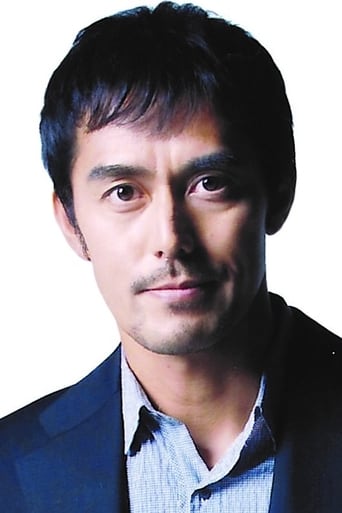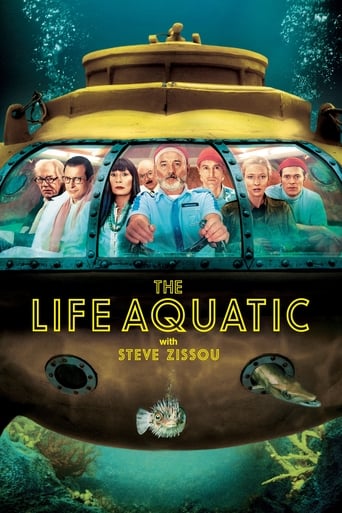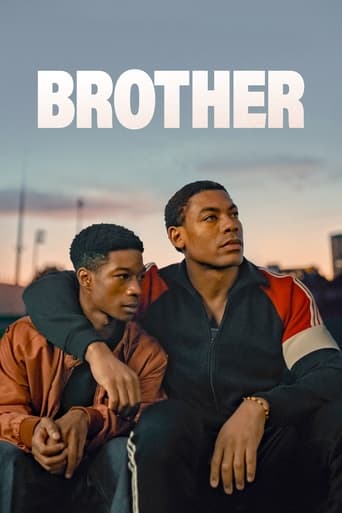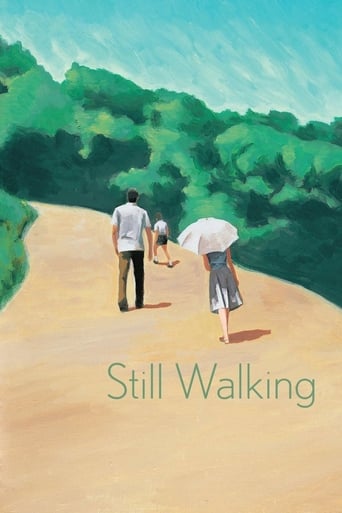
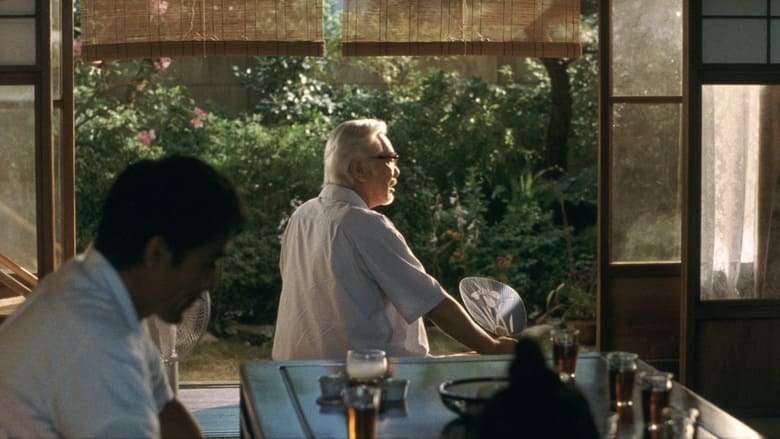
Still Walking (2009)
Twelve years after their beloved eldest son, Junpei, drowned while saving a stranger's life, Kyohei and Toshiko welcome their surviving children home for a family reunion. Younger son Ryota still feels that his parents resent that he isn't the one who died; his new wife, Yukari, is awkwardly meeting the rest of the family for the first time. Daughter Chinami strains to fill the uncomfortable pauses with forced cheer.
Watch Trailer
Cast


Similar titles
Reviews
This beautiful film introduces the viewer to three generations of a Japanese family as they gather at the home of the parents/grandparents. Through the movie we discover a lot about the complex emotional relations between them. The oldest son has died some years earlier and his memory is central to the family. Influenced by the great filmmaker Ozu, this film moves in a slow, contemplative pace. Nonetheless the discoveries the viewer makes about the family members burst quietly and sustain the viewer's interest in the family. The intensity of the relationships in the family and the film's close focus on them left me feeling, just as in life, both that I knew these people well and that there was a lot that I didn't know about them. I will watch this film again to see what more I can learn about these people.
After reading the plot, I expected 'Still Walking' to be one of those melodramatic family reunion films where the members reunite one day and resolve all their differences. Well in reality, It's much more subtle than that and actually brings out why, in real-life, reconciliation is much harder than we may expect or like it to be, even among family members. Some disagreements that you may have have with your mom or dad may be such that you will have to go against your principles/values if you want to make peace with them. These are the kinds of issues that are portrayed in this film, with beauty and emotional intensity. But there is a message of reconciliation as well because although the characters have their differences, they try their best to get through the occasion without hurting each other's feelings and at least trying to pretend as if their differences do not matter when they're together. I am starting to really like Hirokazu Koreeda's works. If you like watching films that have a strong social,family-based narrative, you should really check out Koreeda's films. In a nutshell - Is it a deeply moving film? yes. Is it a realistic portrayal of common family issues? Yes. But is it one of those "and they happily lived together ever after" films? No.
'Still Walking' is a quiet film about a Japanese family which gathers annually to commemorate the life of a now dead member; perhaps you could say it's too quiet, especially as half of the visitors depart just half-way through. But it's shrewd on perceptive when it comes to observing the frailties and sensitivities that define us all, especially (although not exclusively) the natural cantankerousness of the old, even those who love us. For a westerner, part of the interest in this film is the way that it addresses universal themes, but from a peculiarly Japanese perspective. The resemblance of the grandfather to Colonel Saunders is purely superficial.
The story is simple. It begins with Ryota, his wife Yukari and her young son on the bus on their way to visit Ryota's parents. Excluding what is essentially an epilogue, it ends a day later as the family is on a bus on their way back home. In the interim we come to know this family in a way that would be difficult for a lengthy novel to accomplish.The occasion for the visit is to honor the memory of Ryota's brother Junpei who died by drowning some fifteen years earlier in his saving another's life. As Ryota's family arrives his sister and her husband and two young kids are already at the house. Through the personal interactions we learn so much about the family that we feel that we can easily extrapolate the entire histories of all the characters. Long standing conflicts are exposed by way of a casual remark, facial expression, or the occasional disagreement; voices are never raised. The fact that Yukari was widowed before her marriage and that Ryota's parents cannot accept her son from her previous marriage as being a real member of the family are sore spots.The chaos attendant to such a family gathering is perfectly captured. But the structure of the film, being a bit like a stage play, cuts through the chaos by focusing on conversations between two or three characters at a time. Paradoxically, in spite of the background tensions, I found the film to have a certain quite dignity to it. This was fostered in part by having the camera occasionally focus on externals like the wind caressing the trees and grasses, the sun shining through the clouds, or a flower in a vase. These scenes offer a pause, kind of like clearing the palate in a wine tasting.I thought the actors, none of whom I had ever seen before, were all quite good. I particularly liked the young kid who played Yukari's son--he was quiet and well behaved, but you could see that he was taking everything in. The scene that has him looking up at the stars and talking to his dead father was particularly moving. The camera work and scene compositions show artistry and care.You could tell that this story was heartfelt and, if there were any doubt, there would be none if you watch the interview with the director on the DVD extras.A nicely done and completely believable film.


